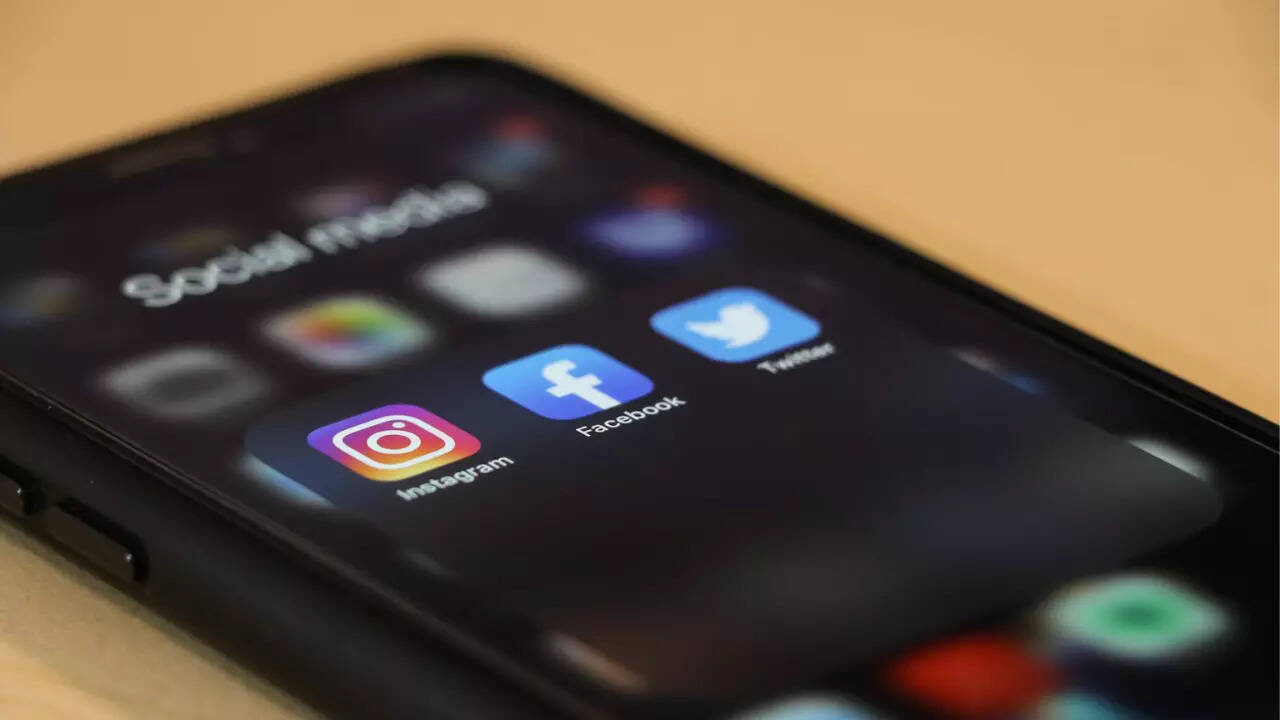The plaintiff has filed a lawsuit against TikTok, Reddit, YouTube, and Meta (the parent company of Facebook and Instagram), claiming that these platforms are designed to maximize user engagement at the expense of users’ mental health. The lawsuit accuses the companies of exploiting human psychology to create addictive experiences that lead to prolonged and compulsive use.
Allegations of Manipulative Design
According to the complaint, the plaintiff argues that the algorithms used by these platforms are specifically engineered to keep users hooked, leading to excessive screen time, disrupted sleep patterns, and increased anxiety. The lawsuit alleges that these companies have prioritized profits over the well-being of their users, with little regard for the psychological impact of their products.
“Their algorithms are designed to exploit human vulnerabilities,” said the plaintiff’s attorney in a statement. “These companies have turned social media into a dangerous playground that preys on our natural tendencies, leading to harmful levels of addiction.”

The lawsuit also highlights the role of features such as infinite scrolling, push notifications, and personalized content feeds, which are designed to keep users engaged for as long as possible. The plaintiff claims that these features have made it difficult for him to control his social media usage, resulting in negative effects on his personal life, relationships, and overall mental health.
Legal Implications and Industry Impact
This lawsuit represents one of the first major legal challenges against social media companies on the grounds of addiction. While lawsuits related to data privacy, misinformation, and content moderation have become more common, this case could set a new precedent for how tech companies are held accountable for the psychological impact of their products.
Legal experts suggest that this case could pave the way for similar lawsuits in the future, especially as concerns about the addictive nature of social media continue to grow. “This case could be a turning point in how we regulate and hold accountable tech companies for the design of their platforms,” said a Legal Expert Name. “If successful, it could force these companies to reconsider their business models and implement changes to prioritize user well-being.”
Response from Social Media Companies
The defendants have yet to respond publicly to the lawsuit, but legal representatives for the companies are expected to argue that users have control over their social media usage and that the platforms offer tools to help manage screen time. However, the plaintiff’s legal team contends that these measures are insufficient and do not address the root cause of the problem—the manipulative design of the platforms themselves.
![]()
Public Reaction and Broader Implications
The lawsuit has sparked a broader conversation about the ethical responsibilities of tech companies and the impact of social media on mental health. Critics of the lawsuit argue that users should take personal responsibility for their social media habits, while others believe that tech companies have a duty to create products that are not inherently harmful.
As the case unfolds, it is likely to draw significant attention from both the legal community and the public, potentially leading to increased scrutiny of the tech industry’s practices. The outcome of this lawsuit could have far-reaching implications for how social media platforms are regulated and the future of digital well-being.
Conclusion
As social media continues to play an integral role in our daily lives, this lawsuit challenges the notion that users are solely responsible for their online behavior. With growing awareness of the negative effects of excessive social media use, this case may mark the beginning of a new era in tech accountability and consumer protection.











